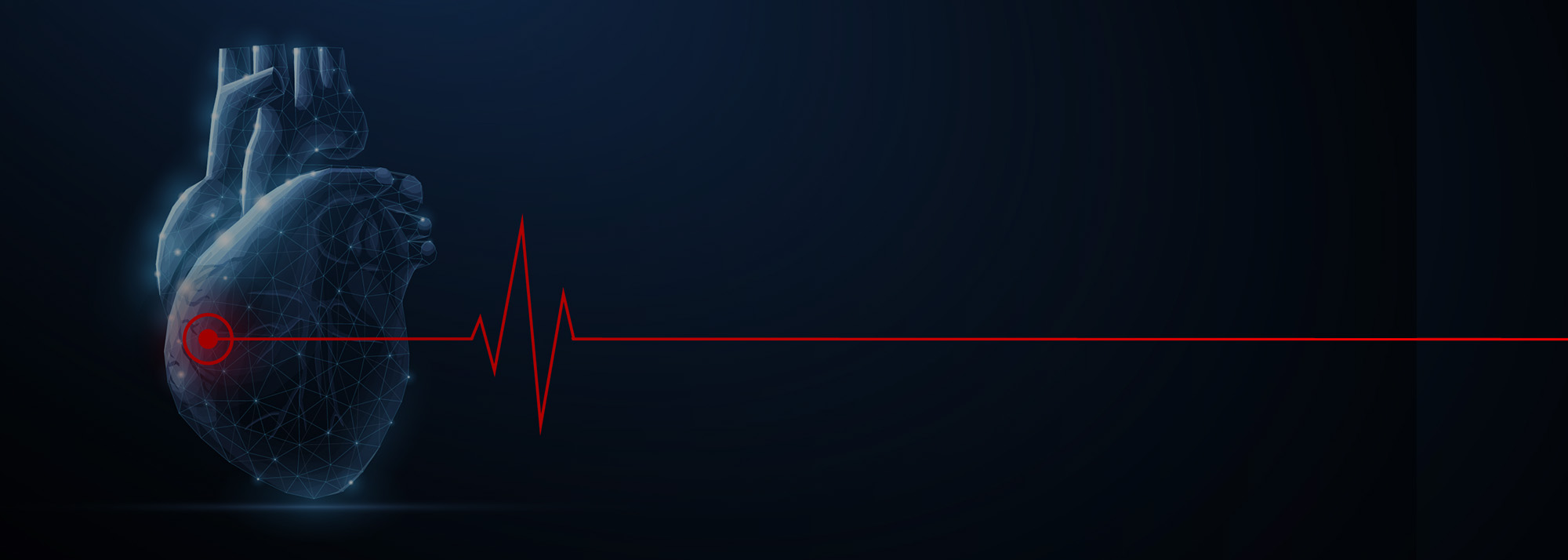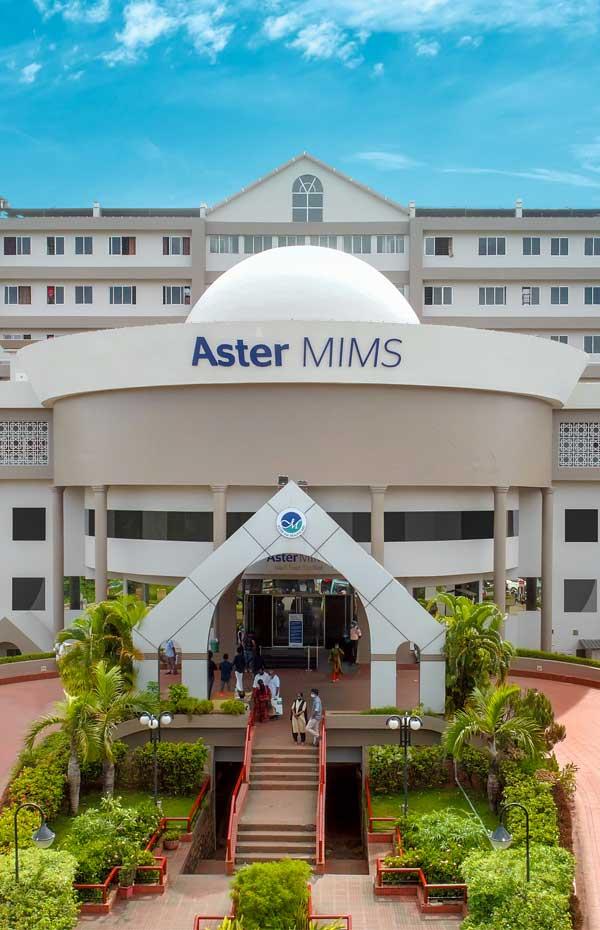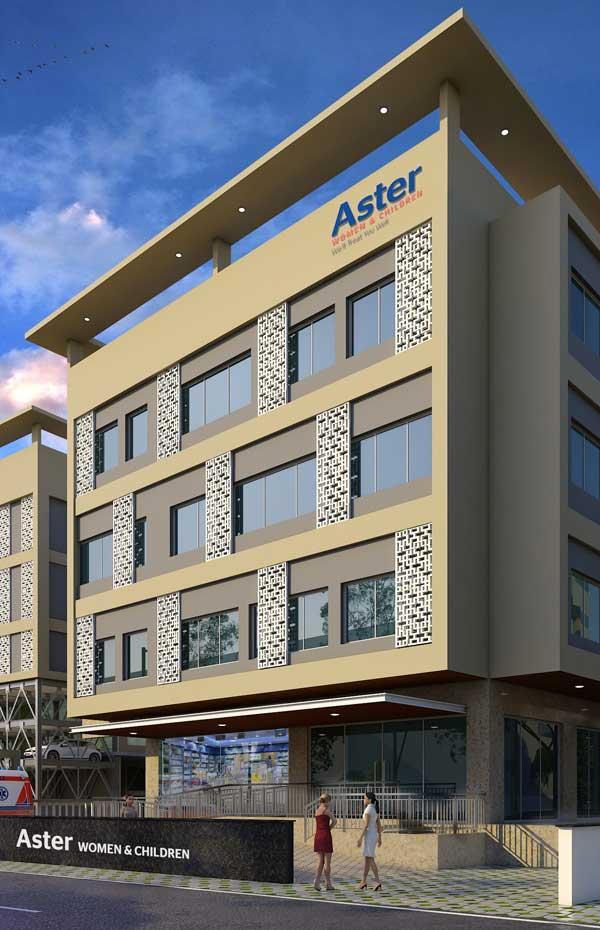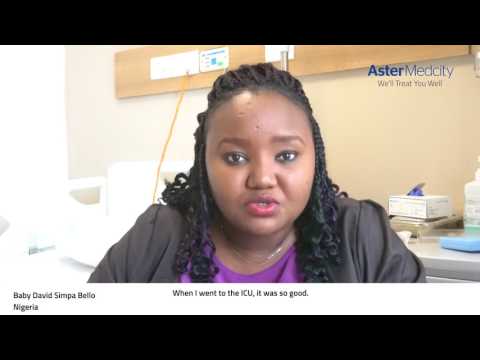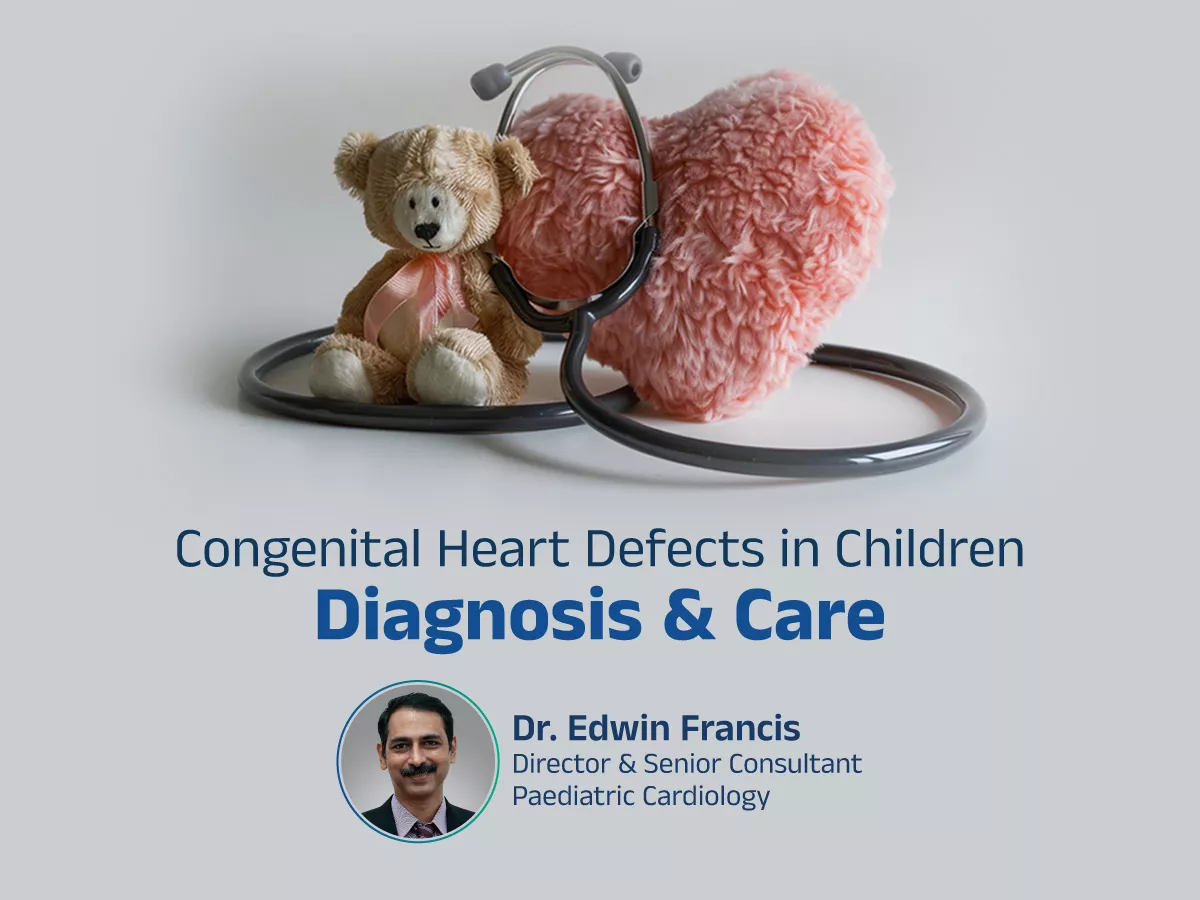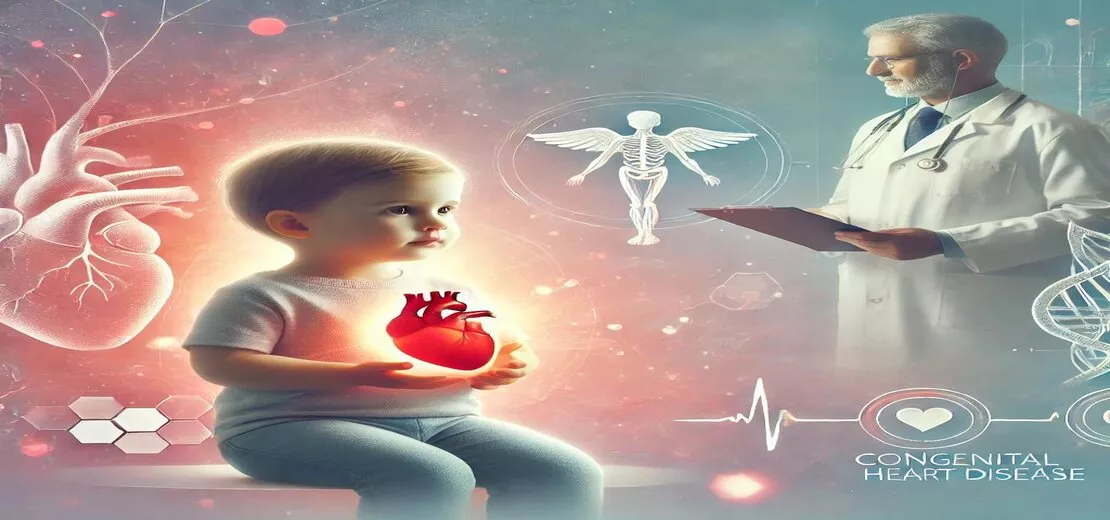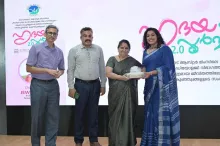Our Doctors
We have some of the best specialists from around the world, they bring years of experience and offer evidence-based treatment to ensure the best care for you.
Advanced Technology & Facilities
Well equipped with the latest medical equipment, modern technology & infrastructure, Aster Hospital is one of the best hospitals in India.
Electrophysiology lab-3D mapping, RF ablation.
Dedicated modern operating theatres
Echocardiography lab – 2D and 3D ECHO, Trans-esophageal ECHO.
Advanced Fetal Heart Unit
Adult Congenital Heart Disease Unit
Pulmonary Artery Hypertension clinic
Heart Failure Clinic
BMU 40-blood monitoring unit, to enhance safety of complex surgeries during cardiopulmonary bypass (second installation in India).
NIRS- Near Infra-Red Spectroscopy for advanced intraoperative brain monitoring to provide superior neurological outcomes in complex surgeries.
Exclusive pediatric cardiac ICU
ECMO
Cardiac CT and MRI
- Dedicated modern operating theatres.
- Dedicated digital catheterization lab with ECHO Navigation
- Electrophysiology lab-3D mapping, RF ablation.
- Echocardiography lab – 2D and 3D ECHO, Trans-esophageal ECHO.
- Advanced Fetal Heart Unit
- Adult Congenital Heart Disease Unit
- Pulmonary artery hypertension clinic
- BMU 40-blood monitoring unit, to enhance safety of complex surgeries during cardiopulmonary bypass (second installation in India).
- NIRS- Near Infra-Red Spectroscopy for advanced intraoperative brain monitoring to provide superior neurological outcomes in complex surgeries.
- ICE (Intra cardiac echocardiography)
- Exclusive pediatric cardiac ICU
- ECMO
- Cardiac CT and MRI
As one of India's top hospitals, Aster Hospitals are well-equipped with the most recent medical technology, infrastructure, and equipment.
It is a simple and painless test used to record the electrical activity of a child's heart. Pediatric ECG helps identify irregular heart rhythms, abnormal electrical conduction, and potential heart conditions. This assists doctors in diagnosing and managing cardiac issues in childre
Cardiac catheterization in pediatrics is a minimally invasive procedure to diagnose and treat various heart conditions. This allows pediatric doctors to perform interventions such as repairing heart defects, widening narrowed blood vessels, closing abnormal openings, and measuring pressures within the heart and blood vessels.
MRI is a valuable diagnostic tool in pediatric cardiology. Pediatric cardiac MRI is particularly useful for evaluating complex congenital heart defects, assessing heart muscle function, and planning treatments.
The pediatric cardiac care team at Aster Hospitals offers interdisciplinary, evidence-based care and advanced therapy for infant and child heart problems. Pediatric cardiac surgeons and interventional cardiologists with extensive experience are in charge of the team. Pediatric cardiac surgeons operate on kids' hearts, fixing structural issues and congenital defects. Here are some treatments available at the Aster pediatric cardiac department.
A patent ductus arteriosus (PDA) is a hole in the heart's two main blood arteries. It can be treated with a minimally invasive procedure called PDA device closure.
This disorder causes the aorta, the major artery that distributes blood from the heart to the rest of the body, to constrict. A stent is placed during this surgery to expand the constrictive area of the aorta and improve blood flow.
Atrial septal defects (ASDs) can be treated with a minimally invasive procedure called ASD device closure. This method uses an innovative device to close the hole without performing open heart surgery.
Ventricular septal defects (VSDs) are holes in the septum, the wall separating the heart's two ventricles. A minimally invasive procedure called VSD device closure helps fix this.
A surgical procedure called balloon valvotomy treats heart valve disorders, including aortic or pulmonary valve stenosis. It is considered less invasive than other conventional heart surgeries.
This is another minimally invasive method that aids in treating sinus venosus ASD. The condition is characterized by an abnormal opening between the heart's upper chambers (atria). During this surgery, a stent is released via a catheter, effectively sealing ASD.
A defective or damaged aortic and pulmonary valve is replaced during this minimally invasive treatment.
There may occasionally be minute gaps or leaks around the borders of a prosthetic heart valve surgery. A minimally invasive surgery called a paravalvular leak closure is performed to resolve valve leaks.
This entails surgically implanting devices to control cardiac rhythms. Pediatric cardiologists carry out this procedure for conditions such as bradycardia (slow heart rate) or certain arrhythmias.
These specialized medical procedures identify and treat children's cardiac rhythm problems, called arrhythmias. Pediatric electrophysiology may include techniques like cardiac mapping and electrophysiological studies (EPS) to locate aberrant electrical impulses.
FAQs
Want to find out more about the treatment? The answer to your questions can be found below.
What are the common heart conditions in children?
The most common heart conditions in children include:
- Congenital heart defects
- Cardiac arrhythmias
- Acquired heart diseases
Patient Stories
Our patients are our best advocates, hear the inspiring stories of their treatment journey
Blogs
The source of trustworthy health and medical information. Through this section, we provide research-based health information, and all that is happening in Aster Hospital.
News & Events
Stay updated with the latest happenings at Aster Hospitals. Explore our News and Events section for insightful articles, health tips, upcoming events, and noteworthy achievements.
